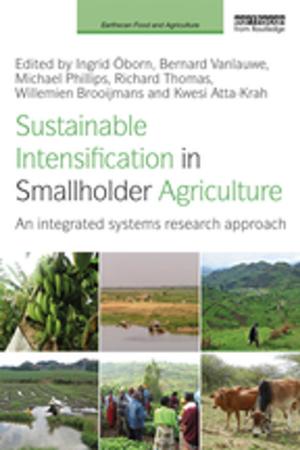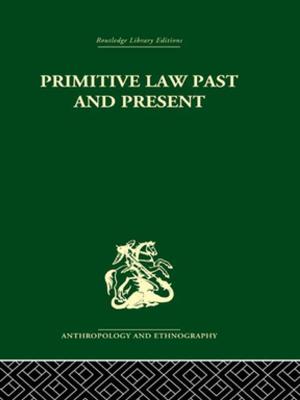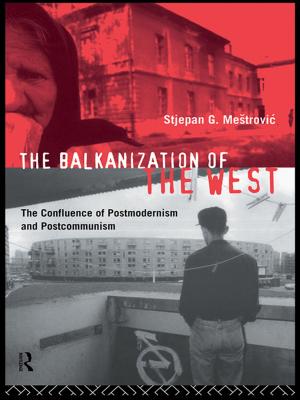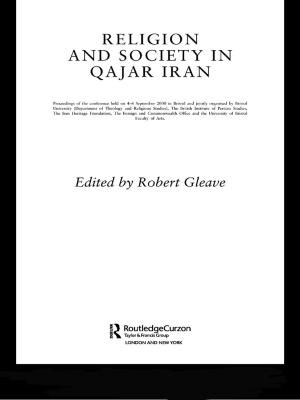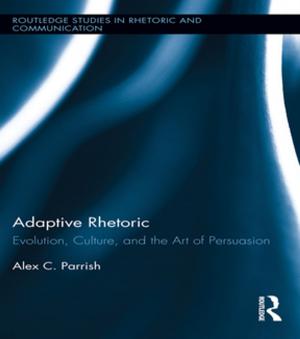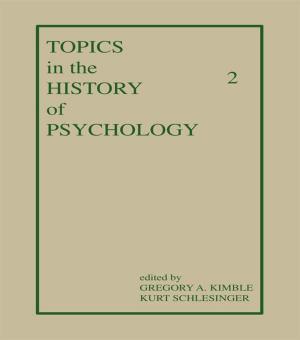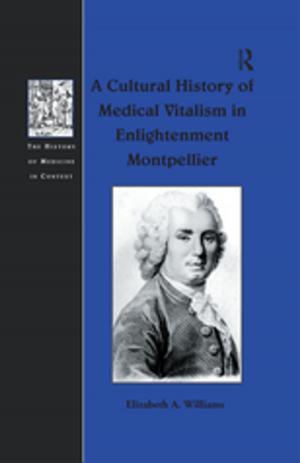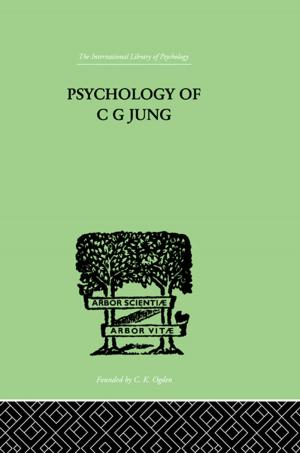The Development of Thinking and Reasoning
Nonfiction, Health & Well Being, Psychology, Developmental Psychology| Author: | ISBN: | 9781135083946 | |
| Publisher: | Taylor and Francis | Publication: | June 26, 2013 |
| Imprint: | Psychology Press | Language: | English |
| Author: | |
| ISBN: | 9781135083946 |
| Publisher: | Taylor and Francis |
| Publication: | June 26, 2013 |
| Imprint: | Psychology Press |
| Language: | English |
Thinking and reasoning are key activities for human beings. In this book a distinguished set of contributors provides a wide readership with up-to-date scientific advances in the developmental psychology of thinking and reasoning, both at the theoretical and empirical levels.
The first part of the book illustrates how modern approaches to the study of thinking and reasoning have gone beyond the Piagetian legacy: through the investigation of avenues previously not explored, and by demonstrating that young children have higher capacities than was assumed within the Piagetian tradition. The second part focuses upon theoretical and empirical investigations of the interplay between logic and intuition in reasoning and decision making, and how these forms of thinking evolve with age, through the general framework of what is known as dual-process theories. Contrary to Piaget’s claim, it becomes apparent that elaborate adult reasoning could rely on some form of intuition.
The Development of Thinking and Reasoning provides psychologists, educators and everyone interested in child development with an integrated and up-to-date series of chapters, written by prominent specialists in the areas of thinking, reasoning, and decision making.
Thinking and reasoning are key activities for human beings. In this book a distinguished set of contributors provides a wide readership with up-to-date scientific advances in the developmental psychology of thinking and reasoning, both at the theoretical and empirical levels.
The first part of the book illustrates how modern approaches to the study of thinking and reasoning have gone beyond the Piagetian legacy: through the investigation of avenues previously not explored, and by demonstrating that young children have higher capacities than was assumed within the Piagetian tradition. The second part focuses upon theoretical and empirical investigations of the interplay between logic and intuition in reasoning and decision making, and how these forms of thinking evolve with age, through the general framework of what is known as dual-process theories. Contrary to Piaget’s claim, it becomes apparent that elaborate adult reasoning could rely on some form of intuition.
The Development of Thinking and Reasoning provides psychologists, educators and everyone interested in child development with an integrated and up-to-date series of chapters, written by prominent specialists in the areas of thinking, reasoning, and decision making.


